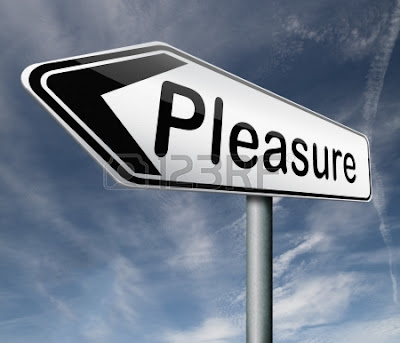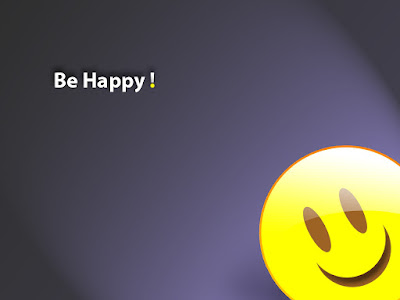We are a pleasure seeking society. Most of us spend our energy seeking pleasure and avoiding pain. We hope that by doing this, we will feel happy. Yet deep, abiding happiness and joy elude so many people.
There is a huge difference between happiness and pleasure. Pleasure is a momentary feeling that comes from something external – a good meal, our stock going up, making love, and so on. Pleasure has to do with the positive experiences of our senses, and with good things happening. Pleasurable experiences can give us momentary feelings of happiness, but this happiness does not last long because it is dependent upon external events and experiences. We have to keep on having the good experiences – more food, more drugs or alcohol, more money, more sex, more things – in order to feel pleasure. As a result, many people become addicted to these external experiences, needing more and more to feel a short-lived feeling of happiness.
Thomas sought my counseling services because he “had everything” – his own successful business, a lovely wife and children, a beautiful home, and time to enjoy life. Yet he was not happy. While he had momentary feelings of happiness while watching a ball game or socializing with his friends, he also felt anxious and depressed much of the time. In fact, the anxiety had become so bad that he was having almost constant stomach pain, which his doctor told him was from stress.
As we worked together, it became apparent that Thomas’s main desire in life was to have control over people and events. He wanted others to do things his way and to believe the way he believed. He was frequently judgmental with his employees, wife, children and friends, believing that he was right and they were wrong and it was his job to straighten them out with his judgment and criticism. His energy would become hard and tough and he would be like a steamroller in his efforts to get his point across and get others to do things his way. When it worked and others gave in, Thomas felt a momentary pang of pleasure. But the pain in his stomach kept getting worse and worse, which is why he decided to consult with me.
Thomas also wanted control over his own feelings, and would often judge himself as harshly as he judged others in an effort to get himself to perform well and feel okay. He especially judged himself harshly when he felt rejected by others, frequently telling himself that he was an inadequate jerk.
As we worked together, Thomas began to see that happiness is the result of choosing to be a kind, caring, compassionate and gentle person with himself and others – quite the opposite of the judgmental, controlling person he had chosen to be. Thomas learned that happiness is the natural result of being present in each moment with love and kindness toward himself and others, rather than with being attached to the outcome of things and trying to control the outcome regarding events and others’ behavior. He discovered that he felt deep joy whenever he let go of control and chose caring instead. The anxiety in his stomach went away whenever his intention was to be a kind and caring person rather than a controlling one.
It is not easy to shift out of the deep devotion to control and become devoted to love and compassion toward oneself and others. Our ego wounded self has been practicing control since we were very little. Yet the moment our intent is to control, our heart closes and we feel alone and anxious inside. Our intent to seek safety and pleasure through controlling others, outcomes, and our own feelings leads to an inner feeling of abandonment and emptiness. We abandon ourselves when we are trying to control our feelings rather than be kind and compassionate with ourselves. Our anxiety and feelings of emptiness lead to more seeking outside ourselves to fill up with pleasurable experiences. The momentary pleasure leads to addictive behavior.
When the intent shifts out of controlling and not being controlled to becoming loving to ourselves and others, the heart opens and joy is the result. Deep and abiding happiness and joy are the natural result of operating out of the spiritual values of caring, compassion and kindness.






